نبذة عن كتاب An Analysis of Foreign Direct Investment in the United Arab Emirates
The most significant challenge the UAE currently faces is the switch from the traditional approach toward luring FDI, to a modern dynamic approach. The former involves relying heavily on free zones, with additional, specific privileges offered to FDI. The new approach would require providing foreign investors with a generic environment conducive to attracting high quality FDI.
The UAE needs to undertake a comprehensive review of its FDI regime. This suggested approach does not consider that the most effective instruments of attracting FDI are tax concessions or other types of foreign investment preferential treatment. Rather, it suggests that a reasonable, transparent, and stable tax system is necessary to attract modern FDI; extremely low tax rates and/or special treatment are not. As this analysis shows, an absence of any tax is not a major determinant factor of FDI in the UAE.
Legislation that promotes UAE investment and regulates foreign investment needs to be enacted. This legislation should provide foreign investors with a more stable and certain investment climate and further open the UAE up to foreign investors, which in turn would provide economic benefits (such as increased productivity or technology).
Agent requirements, the Commercial Law, and residency requirements should be revised urgently. Simultaneously, while considering easing most of these restrictions, the UAE government should eliminate specific privileges offered to national companies.
FDI policy should be enhanced by an FDI legal framework, in line with the best international practice, with enforceability of contracts and property rights.
The UAE government should reformulate the FDI regime towards FDI, not only because of the urgent need to make its current regime more competitive in attracting significant FDI inflows but also to meet the UAE’s international commitments (WTO negotiations), and because the FDI regime has, in practice, failed to use the economy’s potential efficiently.
Special federal legislation is needed to maintain a corruption-free environment, including all the necessary administrative and judicial procedures to be enacted and applied at both the federal and the emirate level.
The UAE should shift from restricting 100 percent ownership to ‘administered ownership’ – under which 50 percent to 100 percent ownership is permitted – subject to the potential technology transfer, type of activity or firm and the training provided to UAE nationals.
A unified ownership and taxation regime across the UAE is needed to attract more FDI, stimulate exports and improve the efficiency of the UAE economy. Finally, longer-term or permanent visa permits for qualified professionals and foreign investors in specific sectors are recommended, based on project type or qualifications.
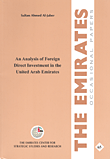

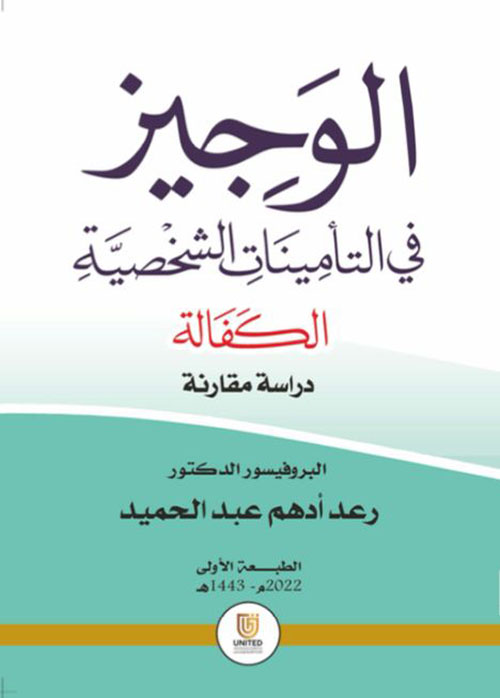
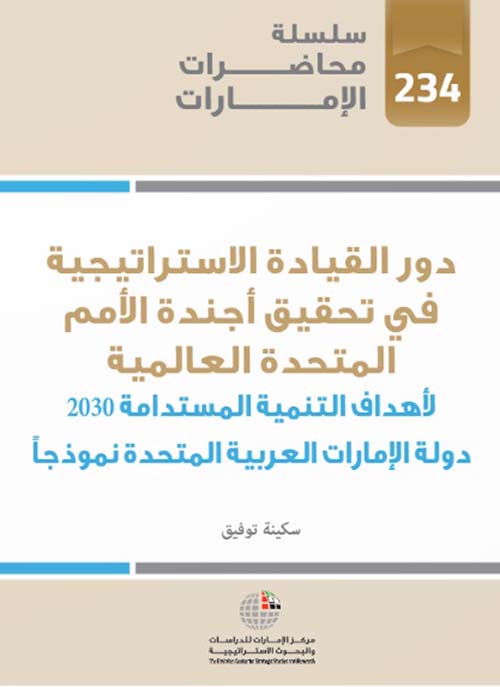

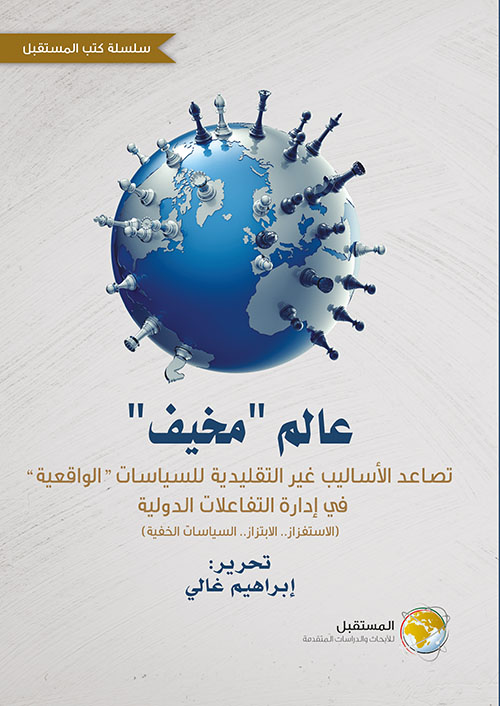
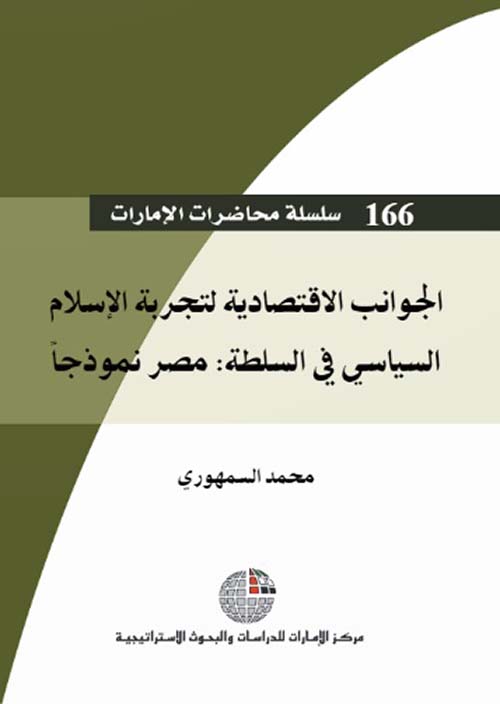
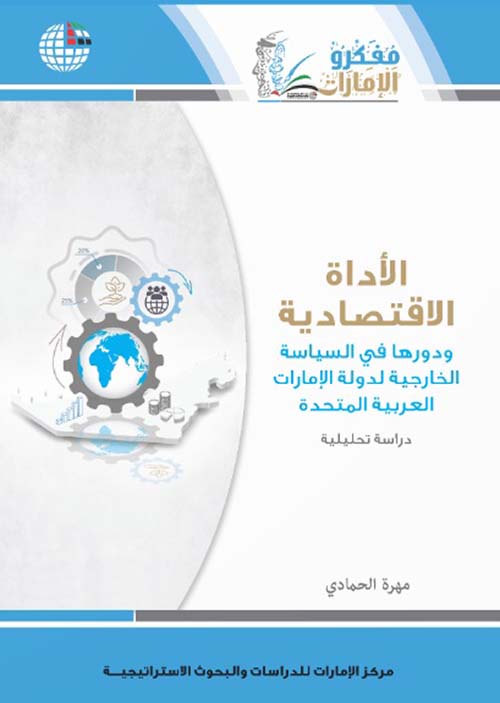
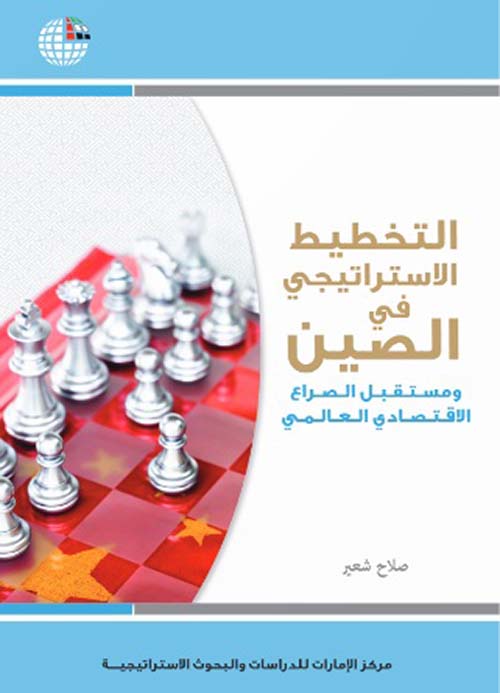
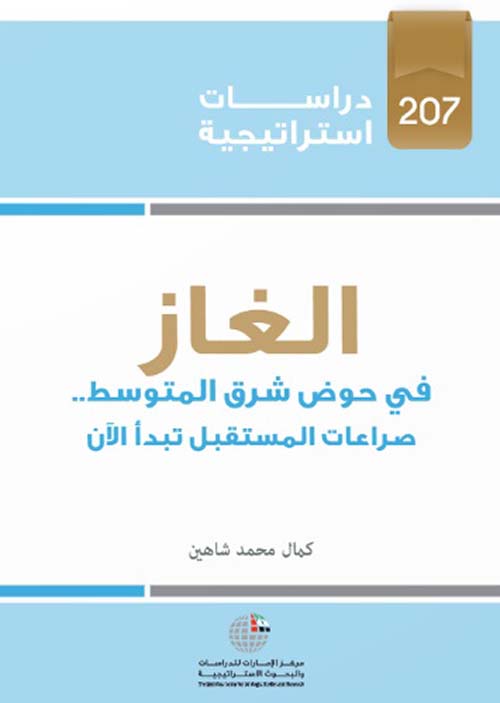
المراجعات
لا توجد مراجعات بعد.